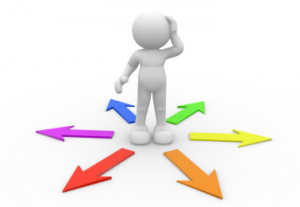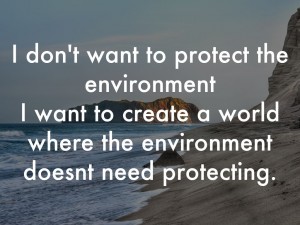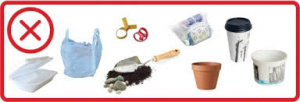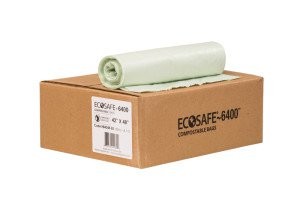Executive Summary
Plastic contamination in Vancouver organics processing facilities complicates composting processes. Many staff at these facilities have to spend time sorting through compost to remove any plastic contamination, as failing to do so would render the compost undesirable and unsellable. Further complicating this issue is the existence of compostable plastic bags, of which most do not break down completely and therefore have to also be picked out. Following instruction from the Faculty of Land and Food Systems and the City of Vancouver, Group 23 was tasked to investigate the challenges facing the organic waste system and research potential solutions. The group used two main research questions to guide their work: how is plastic contamination entering Vancouver’s organics system and what solutions exist to minimize plastic contamination in these facilities? In addition, the group assessed how this issue affects overall food system sustainability.
To collect data for this report, the group interviewed numerous stakeholders from the local organics management industry and a Denmark-based waste management expert. The group also attended a Vancouver Sustainability Breakfast, where they watched relevant speeches and interviewed additional representatives from organics facilities. In addition, the group read and analyzed many academic research papers.
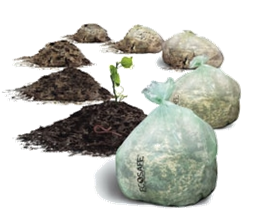
Through these various methods of data collection, the group had two key findings. Firstly, only one brand of compostable bag actually breaks down completely. Since there is no way of distinguishing a fully compostable bag from a partially compostable or plastic one, compost facilities have to remove all these bags and divert them to the landfill. This ties in as a food security issue as well, as contaminants have to be removed from the soil in order to make it usable to grow crops. Secondly, there is no regulation regarding the appropriate makeup of these compostable bags. This results in the varying levels of biodegradability that we see in the bags currently. This disconnect between policymakers and stakeholders, coupled with consumers’ lack of education surrounding which bags can go in the green bin and which cannot, results in high plastic contamination at organics facilities.
Based on this study, the group has a couple recommendations to tackle the key issues uncovered. First, we recommend promoting the use of reusable materials as a way to decrease our dependence on single-use plastics altogether. Second, we recommend introducing a policy that regulates the composition of these compostable bags, so that only the bags that break down completely are allowed to be marketed as compostable. Complementary to this policy, we also suggest that compostable bags be clearly marked (perhaps by a universal colour) so that organics facilities can differentiate them from single-use plastic bags.
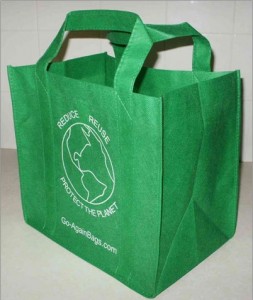
What? So What? Now What?
What?
Recently, as we neared the end of our project, we realized that widespread use of compostable bags might negatively impact food security. Since 1kg of PLA (the most common compostable plastic) requires 2.65kg of corn to produce (Ghosh, 2014), increased demand for compostable bags would also increase the need for land to grow inputs. Given that biofuel is made from corn, there is already a lot of land being used to grow crops that aren’t intended for food. This, coupled with increasing demand for fuel and land-intensive animal products from now-wealthier developing countries, negatively impacts global food security.
So what?
When we began this project, we were convinced that compostable bags were an excellent way to reduce plastic contamination in organics facilities while contributing to overall food system security. While widespread use of these bags would help organics processing facilities, it would be counterintuitive to suggest making one part of the food system more sustainable while decreasing the sustainability of another part of the system.
Now what?
This reinforced in our minds the importance of evaluating potential sustainability improvements in a holistic sense. Due to this turn of events, our group is more aware of how interconnected the food system is, and we will certainly pay closer attention to this in future projects.
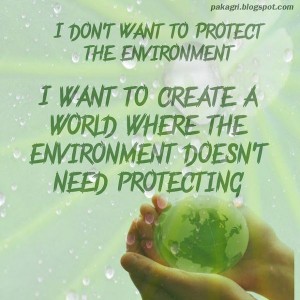


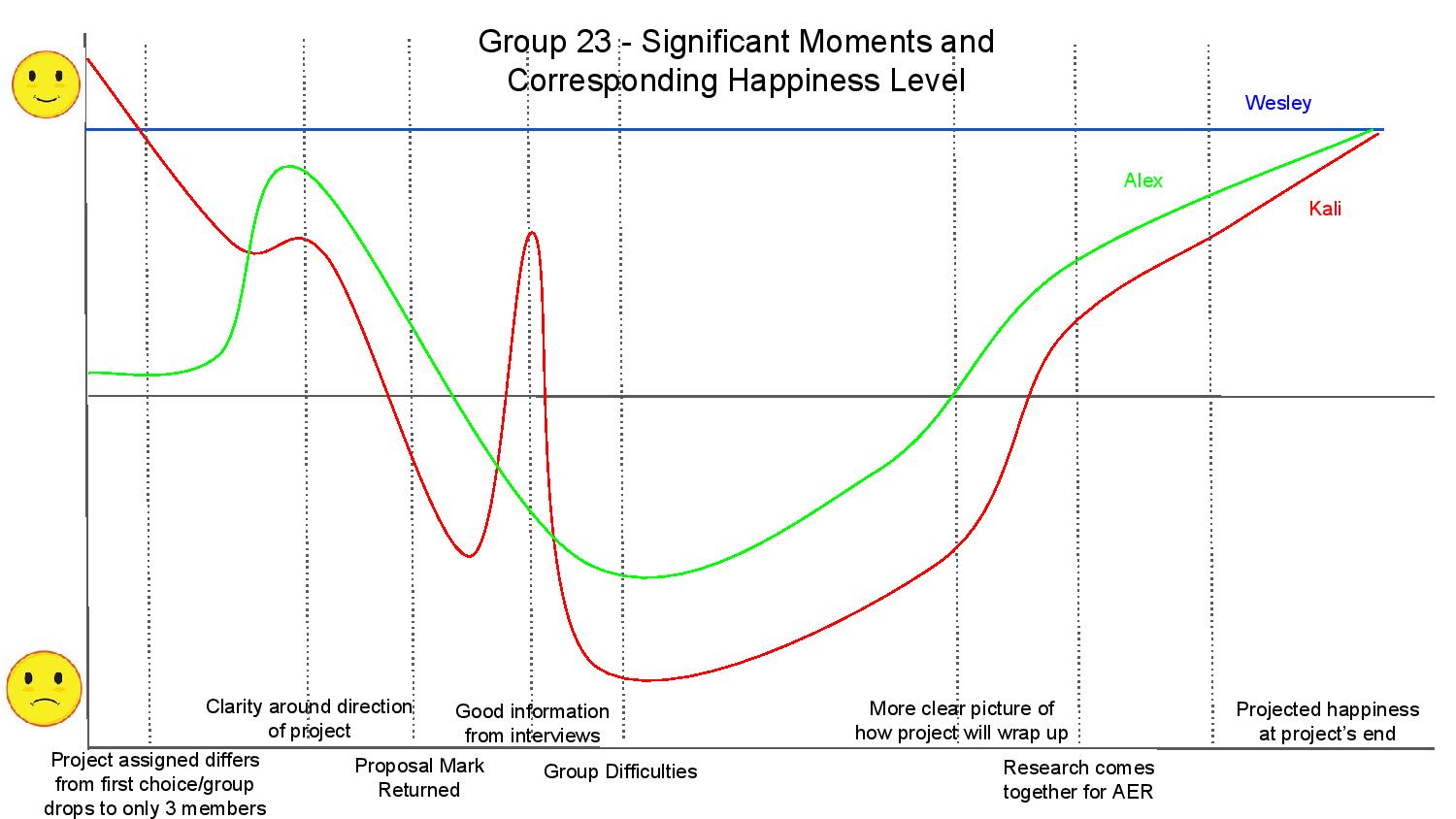 Moment of Significant Change Workshop
Moment of Significant Change Workshop